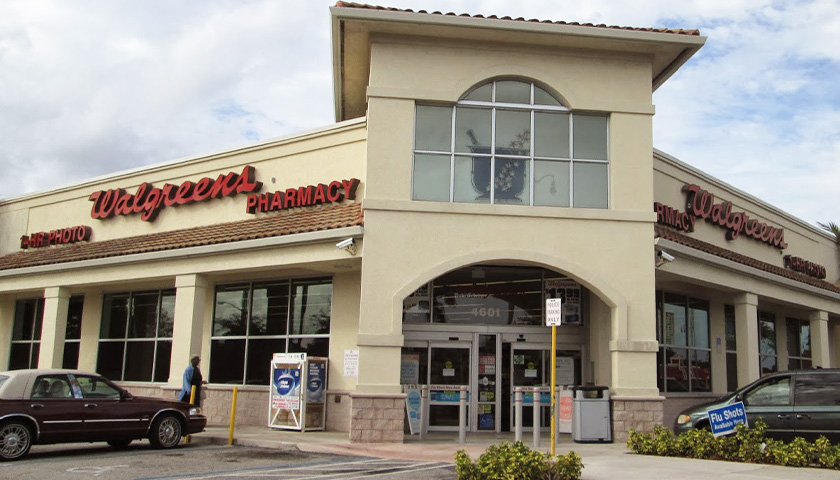by Joe Mueller
Thirteen attorneys general announced settlements with opioid manufacturers Teva and Allergan on Friday, while 18 states settled with CVS and Walgreens for a total of $17.3 billion.
The attorneys general said settlement funds will start flowing into state and local governments by the end of this year and will be used for prevention and treatment of opioid addiction.
“With 11 North Carolinians dying of an overdose everyday on average, we are at a moment of crisis,” Democratic North Carolina Attorney General Josh Stein said in a statement announcing his state will receive $521 million. “These agreements my office achieved with these drug manufacturers and pharmacies will save lives. We are requiring these companies to pay for desperately-needed treatment in our communities and to change the way they operate to prevent other people from getting addicted in the future.”
Teva and Allergan agreed to strict limitations on the marketing and distribution of opioids. They’re prohibited from promotion and lobbying, rewarding or disciplining employees based on volume of opioid sales and from funding or grants to third parties. The companies must publicly disclose documents, including internal documents, related to their role in the opioid crisis.
Allergan is barred from manufacturing and selling opioids for 10 years.
CVS and Walgreens must maintain independent departments to oversee compliance with state and federal laws. The retailers must create and maintain oversight programs and provide data to the states about red-flag processes, including blocked and potentially problematic prescribers.
States reaching settlements with Teva and Allergan are California, Iowa, Illinois, Maryland, Massachusetts, New York, North Carolina, Pennsylvania, Tennessee, Texas, Vermont, Virginia, and Wisconsin. States settling with CVS and Walgreens are California, Colorado, Connecticut, Delaware, Illinois, Indiana, Iowa, Kentucky, Louisiana, Massachusetts, Nebraska, New York, North Carolina, Ohio, Pennsylvania, Rhode Island, Tennessee and Texas.
Nationalopioidssettlement.com, a website maintained by a group of plaintiffs in lawsuits, summarized the settlements late last year, with the assumption of maximum participation of states:
- Teva will pay up to $3.34 billion over 13 years and provide either $1.2 billion of its generic version of the drug Narcan over 10 years or $240 million of cash in lieu of product, as each state may elect;
- Allergan will pay up to $2.02 billion over seven years;
- CVS will pay up to $4.90 billion over 10 years;
- Walgreens will pay up to $5.52 billion over 15 years.
The site also stated Walmart will pay up to $2.74 billion in 2023 and all of its payments will be made within six years. A final agreement with Walmart is anticipated in the coming weeks, according to a release from Stein’s office.
Colorado will receive approximately $270 million during the next 15 years from the settlements.
“Holding the companies that created and fueled the opioid crisis responsible continues to be a top priority for me and my team,” Democratic Colorado Attorney General Phil Weiser said in a statement. “Just like with previous settlements secured by our department and other attorneys general across the country, this money will go directly towards supporting the people and communities in Colorado who continue to battle the harms of drug addiction and misuse.”
– – –
Joe Mueller covers Missouri for The Center Square. After seven years of reporting for daily newspapers in Illinois and Missouri, he spent the next 30 years in public relations serving non-profit organizations and as a strategic communications consultant.
Photo “Walgreens” by Walgreen1999. CC BY-SA 3.0.








